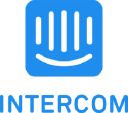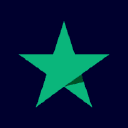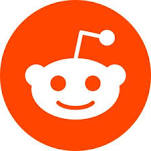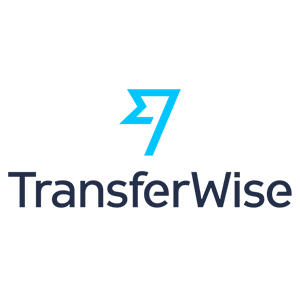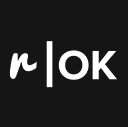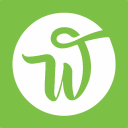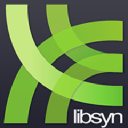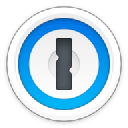On Creating Affordable Insurance For Digital Nomads
Hello! Who are you and what are you working on?
My name is Sondre Rasch and I’m the co-founder and CEO of SafetyWing. We’re working on a global social safety net. That means that eventually we want to offer things like health, disability and pensions worldwide for people who work online as entrepreneurs, freelancers or remote workers, as a substitute for a national safety net.
Currently we have our first product live, travel medical insurance for digital nomads like ourselves. Since we launched out of Y Combinator it last year we’ve been growing an average of 30 % per month for a year and a half, and recently raised $3,5M seed funding to continue building the project.


Download the report and join our email newsletter packed with business ideas and money-making opportunities, backed by real-life case studies.

Download the report and join our email newsletter packed with business ideas and money-making opportunities, backed by real-life case studies.

Download the report and join our email newsletter packed with business ideas and money-making opportunities, backed by real-life case studies.

Download the report and join our email newsletter packed with business ideas and money-making opportunities, backed by real-life case studies.

Download the report and join our email newsletter packed with business ideas and money-making opportunities, backed by real-life case studies.

Download the report and join our email newsletter packed with business ideas and money-making opportunities, backed by real-life case studies.

Download the report and join our email newsletter packed with business ideas and money-making opportunities, backed by real-life case studies.

Download the report and join our email newsletter packed with business ideas and money-making opportunities, backed by real-life case studies.


